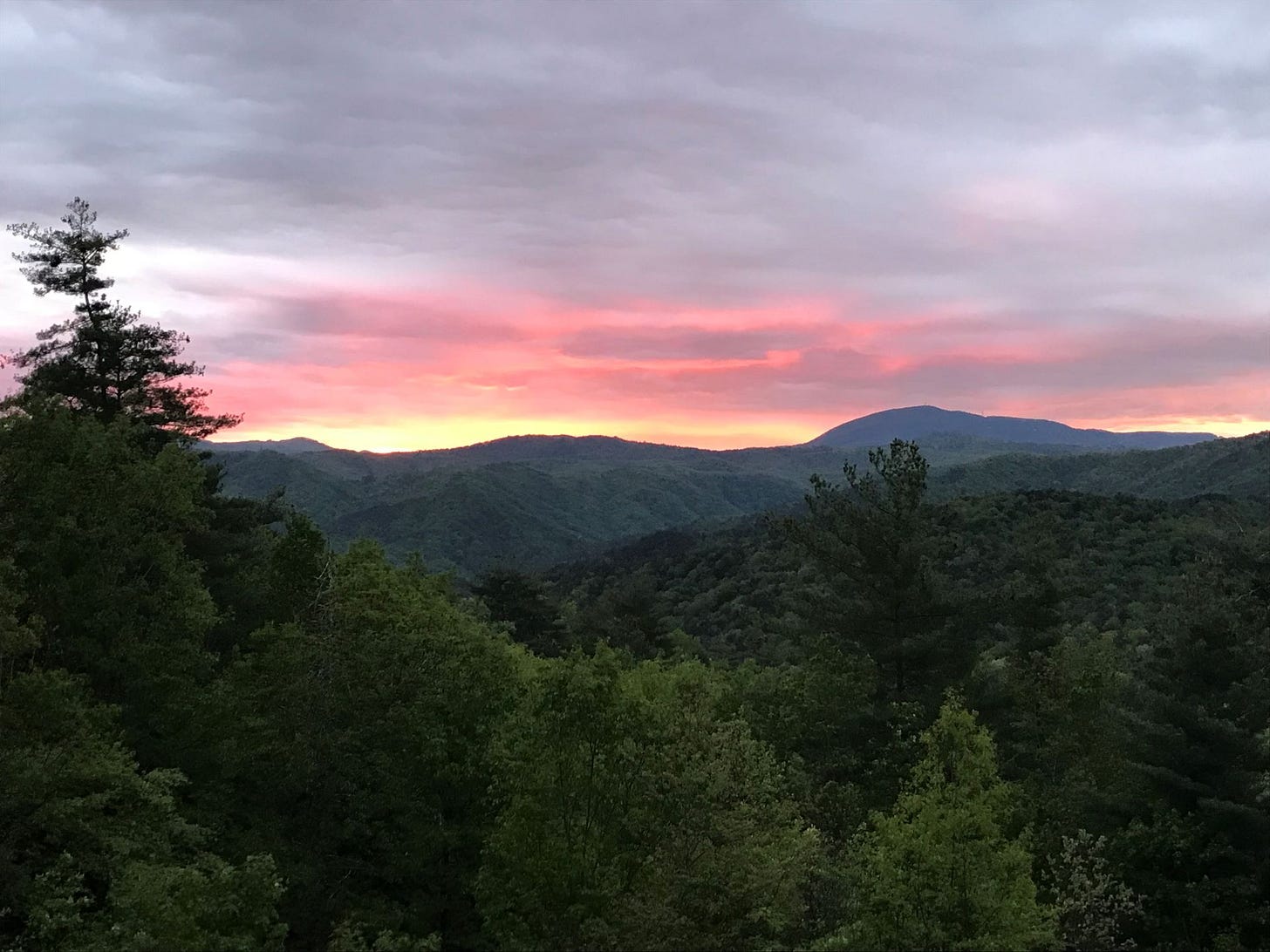At the risk of labeling people with yet another biased label, let me throw a few more at you: Native Analog and Native Digital.
These come from Category Pirates, a Substack newsletter dedicated to reinventing marketing as it has been practiced for decades. Here’s the relevant quote from an article, Why Native Digitals (People Under 35) Are A New Category of Human—And How They’re Transforming The $6 Trillion “Stuff” Business (paywall):
There are two types of people on planet earth today.
The first are native analogs. These are Baby Boomers and Gen Xers, born anywhere from the 1940s all the way up to the early ‘80s. Today, they range between the ages of 40 to 75, and make up approximately 136.8 million Americans.
The second are native digitals. These are Millennials and Gen Zers, born between the early 1980s to as recently as the 2010s. These demographics are around 35 years of age on the high end today, down to as young as 6 years old, and make up approximately 140.1 million Americans.
The difference?
Native analogs grew up in a time where technology was an addition, or better yet, a distraction from their real lives.
Native digitals grew up in a time where their “real” lives were a distraction from their digital lives.
This is a profound shift—and no one seems to be talking about it. Even more stunning, some of the largest native digital brands on the planet are run by native analogs who don’t get it either.
Which is more real: the sunset, or the picture of the sunset?
I’ve thought about this a lot as a Native Analog presuming to tell people how to redefine their relationship with technology and “reconnect” with the non-human natural world. What do I know?
I’ve come to realize there’s a third category of human, what I call Habitual Digitals
These are Boomers and GenXers who have transformed from Native Analogs to Habitual Digitals by picking up pervasive digital habits, often without their explicit consent, and now see their lives as controlled by digital and feel helpless and resentful against it.
They acknowledge this is their new reality but haven’t completely accepted it and feel some degree of overwhelm and anxiety about it. Many of us are digital professionals, but are pulled back to screens when we’re not working.
Here’s the thing: Habitual Digitals see a reason to change their experience of reality
Native Digitals do not. Both are looking for the meaning of life, but each would define both the meaning and life differently.
If your reality is created by your habits (true for all of us), then shifting your Habitual Digital reality to more real-world experiences is a matter of changing your habits, which is why the Unplugged Club tagline is: Less screen. More green.
No existential angst and arguments about the nature of reality needed.
We can learn digital awareness, build new digital frameworks and swap digital habits for Nature habits.
We are, after all, an adaptable species, no matter how many types of humans you may count.
With that in mind, go wander outside!
3 Resources for You
Books, articles, tips, tools and advice to help you unplug.
Social media scatters your brain, and then you buy stuff you don’t need
It kinda surprises me we need to research and document these kinds of findings, when we all know the buyer’s remorse of “Well, I found it on FB/IG.” At the same time, look at how long it took people to become confused and give nonsensical answers about their behavior: 30 seconds. Let that sink in.
Here’s a new one: climate coach. The Washington Post now has a climate advice column to help people make sense of our changing world. Recently Michael J. Coren wrote about how four free plant identifier apps have reconnected him to the natural world. We need these, he said, because we have become an indoor species, now spending 90% of our time inside. Boom!
Recommended plant/bird identifier apps: A little citizen-science with your morning coffee?
Seek – Supposedly easiest to use.
iNaturalist and Pl@ntNet give you more context about the plant you’ve identified.
Merlin Bird ID – a project of the Cornell Lab of Ornithology Merlin is the go-to for bird ID
One touch of nature makes the whole world kin. William Shakespeare





